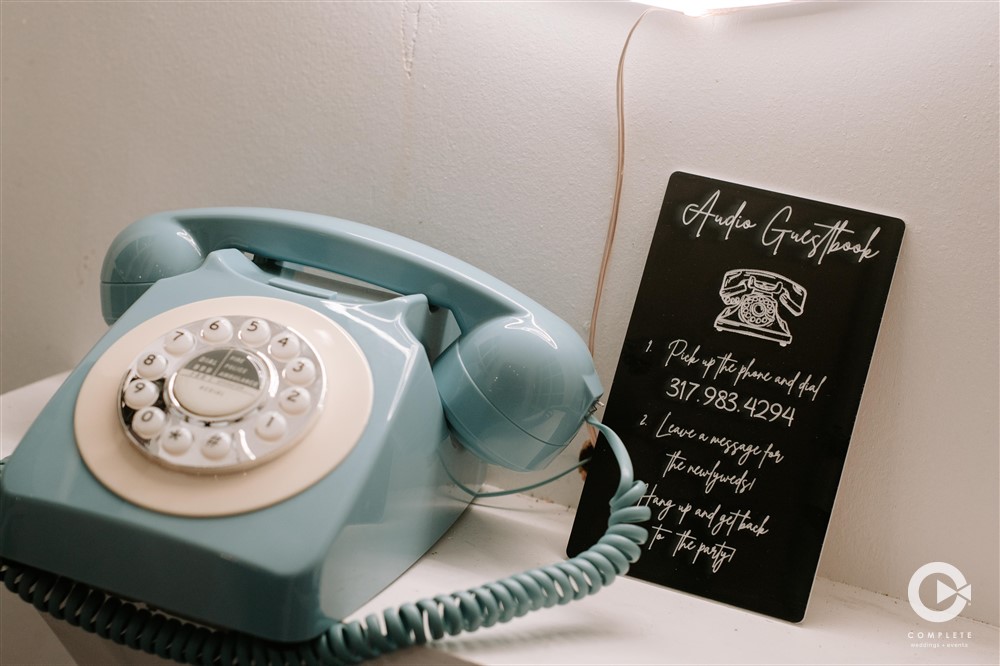Bride’s Guide to Good Mental Health: Top Tips from a Licensed Therapist

While engagement is one of the most exciting seasons of your life, every bride will tell you that wedding planning also comes with a big dose of stress, anxiety, and interpersonal gymnastics. Unfortunately, it’s not uncommon for brides to share that their mental and even physical health suffers under the stress of wedding planning.
So today, we’ve called on licensed therapist and women’s mental health expert Carla Munger to share her best advice for brides. Keep reading to find her top tips for maintaining good mental health from the proposal to the altar (and beyond!).
Embrace Self-Compassion
It’s easy to fall into the trap of perfectionism when planning a wedding. You might find yourself constantly critiquing every decision or feeling guilty for not meeting certain expectations. It’s important to remember that there’s no such thing as the perfect wedding, and no bride has it all figured out.
Carla says “Once you’ve acknowledged that wedding planning is difficult and messy, treat yourself with the same kindness and understanding you would offer to a friend in a similar situation. Celebrate your accomplishments, no matter how small, and give yourself extra love and kindness when you face setbacks along the way.”
Cultivate Mindfulness
In the midst of the chaos, finding moments of peace and presence can be a game-changer for your mental well-being. Mindfulness isn’t about emptying your mind of thoughts; it’s about being fully present in the moment, no matter how hectic life gets. Whether you prefer to meditate, practice yoga, or simply take a few deep breaths, carving out time for mindfulness can help reduce stress and increase overall happiness.
Take Self-Care Breaks
While it might feel like a luxury you don’t have time for, self-care is a necessity you can’t afford to ignore. Make yourself a priority by putting self-care on your calendar. Carla recommends scheduling time to unplug and really rest.
“I suggest taking 1 hour per day, a 4-hour chunk once a week, and a full day off once a month.” Once you’ve blocked out the time, create a “Self-Care Menu” to help take the decision-making struggle out of the equation.
Your menu should include: free and low-cost options (hiking, reading at your favorite coffee shop) creative options (painting, knitting, baking), and any-time options that will work day or night (meditation, yoga, reading, taking a nap)
Seek Support
Remember that you don’t have to go through this alone. Lean on your partner, friends, and family for support when you need it. “Brides often struggle to ask for help and worry about burdening others. It’s easy to forget that weddings are an exciting and joyful time, and most people WANT to help and feel included however they can.”
For the tasks that are proving too big or complicated, Carla recommends enlisting the help of a wedding planner or coordinator to alleviate some of the stress and responsibilities.
Need More Mental Health Support?
It’s important to recognize signs of declining mental health and take action quickly to get yourself back on track. If you are experiencing any of the following, it’s time to seek professional help:
- Insomnia
- Dramatic changes in appetite
- Frequent or unexplained crying spells
- Anxiety or panic attacks
- Social withdrawal and an urge to self-isolate
- Significant difficulty completing your daily tasks and responsibilities
If this is you, we encourage you to seek out a licensed therapist. Talking to a professional can provide you with valuable coping strategies and support as you navigate engagement and wedding planning.
Not sure where to start? Carla and the Wittingly Psychotherapy team specialize in women’s mental health, and they love supporting brides. Click here to schedule a free 15-minute consultation where you can chat directly with Carla about your mental health needs.
Complete Weddings + Events Seattle
For all your wedding needs, from photography and videography to DJs and photo booths, Complete Weddings + Events in Seattle is here to help.




